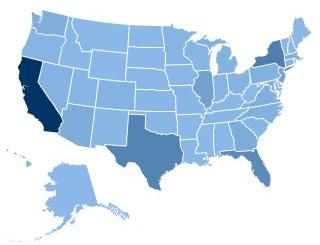Published on Tue, Jul 26, 2011
WASHINGTON, Jul 26, 2011 (IPS) - "Our American family will only be as strong as our Latino community," U.S. President Barack Obama said in his address at the National Council of La Raza's annual conference in Washington on Monday.
"We're going to keep working with you because for more than four decades, NCLR has fought for opportunities for Latinos from city centres to farm fields and that fight – to get a decent education, to find a good job, to make of our lives what we will – has never been more important than it is today," he said.
Obama thanked the NCLR – the country's largest national Latino civil rights and advocacy organisation – for allowing him to "poach" its alumni, naming Cabinet Secretary Hilda Solis and Supreme Court Justice Sonia Sotomayor as just two of the hundreds of Latinas and Latinos currently serving in his administration.
The president also blasted the Republican Party for backpedaling on its policies of five years ago, reminding the gathering that 23 Republican senators supported comprehensive immigration reform in 2006 because it was the "right thing to do".
"Today, they've walked away," he said.
Obama also lamented the fate of the Development, Relief and Education for Alien Minors (DREAM) Act – a 2001 legislative proposal that would grant conditional permanent residency to immigrant students who graduate U.S. high schools or arrived in the country as legal minors – which passed through the House earlier this year only to be blocked by fierce opposition from Senate Republicans.
The Immigration Policy Center held a briefing Monday on the Republicans' latest opposition to immigration reforms.
If passed, the 'Hinder the Administration's Legalization Temptation' (HALT) Act – which the House Judiciary Subcommittee on Immigration Policy and Enforcement debated Tuesday – would suspend all discretionary forms of immigrant relief until Jan. 21, 2013, a day after the next presidential inauguration.Read more...
Published in the Inter Press Service



